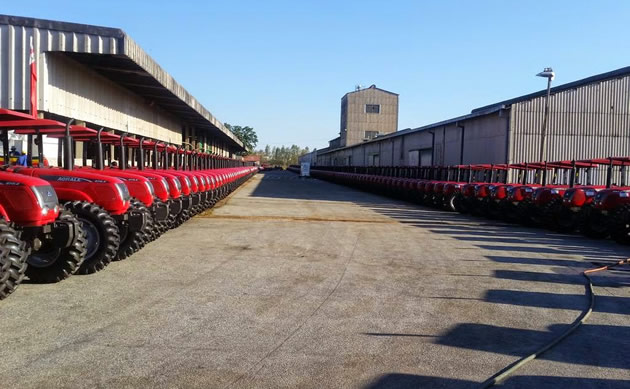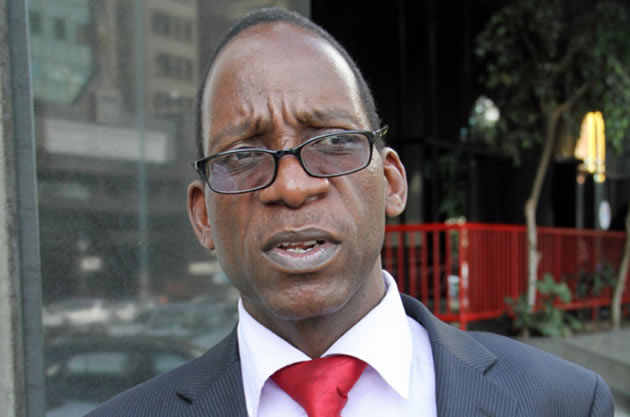Brazil to release remaining agric equipment

 Happiness Zengeni and Martin Kadzere
Happiness Zengeni and Martin Kadzere
BRAZIL will soon release the remaining agricultural equipment to Zimbabwe worth $60 million under the More-Food Africa programme, its envoy to the country said last week. Zimbabwe has already received equipment worth about $38 million under the $98 million 15-year loan facility provided by the South American country to support small-scale farmers.
The equipment, which includes tractors, fertiliser spreaders and irrigation kits was launched by President Mugabe in May this year and will help Government fulfil targets under Food and Nutrition cluster in the Zim-Asset, the country’s medium-term economic programme.
“In the framework of the Programme More-Food Africa, small-scale farmers received Brazilian equipment valued at $38 million and $60 million more will be landing soon,” Brazilian Ambassador to Zimbabwe Marcia Mao da Silva told delegates on the occasion to celebrate 193 years of independence of the South American country.
“The programme will benefit 22 000 families in the nine provinces of the country, generating great impact which we hope will change the reality of those communities, the same way it did in Brazil. But let me stress that (the) More Food Africa is a co-operation programme based on the loan; it is not a donation,” she added.
The loan has a longer repayment tenure of 15 years and will attract a concessionary interest rate of 2 percent per annum. It will be administered by Agribank, the local financial partner.
Beneficiaries will have a grace period of three years to start repayments through Agribank.
Suppliers of equipment will provide technical assistance in the maintenance of equipment while the agronomic support will be made available to assist farmers to enhance productivity.
“We trust the project in Zimbabwe will deliver the same good results it did in Brazil in the fight against hunger and extreme poverty,” Ambassador da Silva said.
Some analysts say agriculture has been “an obvious priority sector for co-operation programmes” given that Zimbabwe is an agro-based economy while the majority of the population derives livelihood from the sector.
However, the biggest challenge is lack of donor co-ordination which in itself result in inefficiency in use of such resources.
“It is therefore, important that the Government design a framework aimed at harmonisation resources and build critical mass for agricultural development,” said one analyst.
Meanwhile, Ambassador da Silva said while the relations between two countries were cordial, Zimbabwe needed to improve business conditions to attract investments.
“We keep strengthening our bilateral contacts,” she said.
“We have been following the implementation of Zim-Asset and have expectations that, in conducive environment, Brazilian companies could be attracted to participate in some of the projects.”
The Government is already in the process of reviewing and repealing laws that are negatively impacting on business as part of measures aimed at improving investment climate.











Comments